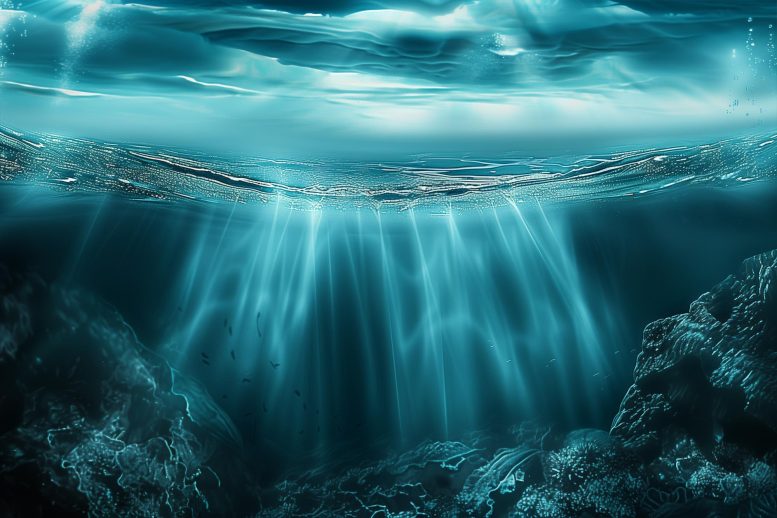
Researchers from the University of Copenhagen have revealed how the Cambrian ‘SPICE’ event caused significant oxygen depletion in the oceans due to a chain reaction involving phosphorus recycling from ocean sediments.
The study emphasizes the relevance of these ancient mechanisms to today’s marine systems, urging the need for understanding nutrient dynamics to manage and protect modern marine ecosystems, particularly in coastal zones.
Cambrian ‘SPICE’ Event and Its Consequences
500 million years ago the so-called Cambrian ‘SPICE’ event made oxygen levels in the oceans drop dramatically.
Now, scientists from the University of Copenhagen have investigated how large-scale ocean anoxia, or oxygen-depleted conditions, developed during the event, and its potential consequences today.
Insights on Phosphorus’s Role in Oxygen Depletion
In the study, titled “Cascading oxygen loss shorewards in the oceans – insights from the Cambrian SPICE event” published on June 21 in the journal OneEarth researchers found that a chain reaction involving phosphorus recycling from ocean sediments played a key role in this decline of the oxygen levels in the oceans.
“Under anoxic conditions, phosphorus is released more efficiently from sediments, which further depleted oxygen levels and expanded anoxia at the global scale,” says Associate Professor Tais W. Dahl at the Globe Institute, senior author of the study. He adds:
“This self-amplifying loop led to a rapid and prolonged marine anoxia. The study warns that the feedback loop is still looming in today’s oceans, where human activities might influence nutrient dynamics in ways that increase the risk of setting off cascading anoxic conditions. Coastal zones, in particular, could be susceptible to anoxia that might propagate on a larger scale.”
Implications for Modern Marine Systems
While global-scale anoxia is not an immediate threat today due to limited phosphorus resources and high atmospheric oxygen levels, the study highlights the importance of understanding nutrient dynamics and sedimentation processes, particularly in coastal zones. These insights are crucial for managing the health of marine ecosystems and their resident animal species.
By comparing ancient and modern marine systems, this study provides valuable insights into the potential evolution of ocean chemistry today. Emphasizing the importance of historical context, the research aims to improve predictive models and guide policy decisions to safeguard marine ecosystems and ensure their resilience in the face of ongoing environmental changes.
Reference: “Cascading oxygen loss shoreward in the oceans: Insights from the Cambrian SPICE event” by Aske L. Sørensen and Tais W. Dahl, 21 June 2024, One Earth.
DOI: 10.1016/j.oneear.2024.05.011